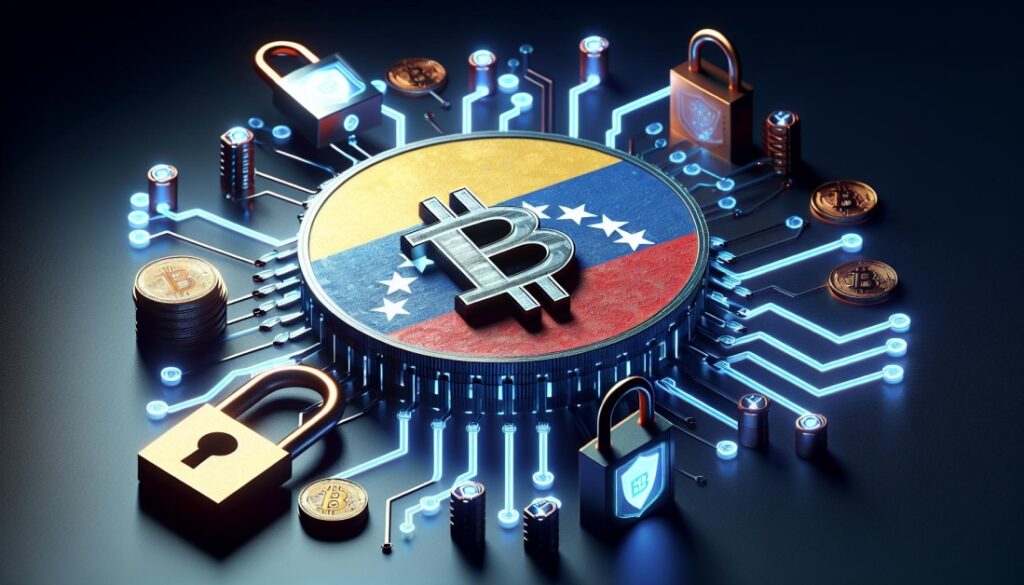Venezuela’s Digital Currency Will Be More Strictly Regulated

Experts warn that Venezuela’s likely move to digital currencies will require stricter regulations.
The development comes as Venezuela’s state-owned oil company PDVSA is expanding the use of digital currencies for crude and fuel exports, according to Reuters. This decision follows the Biden administration’s refusal to renew a license that had eased restrictions. Essentially, this led to the reimposition of sanctions on Venezuela’s oil industry.
In response, Venezuelan opposition politician Leopoldo Lopez and a Chainalysis director Kristofer Doucette presented a report on Monday calling on democratic governments to act. Their report detailed financial transactions since the inauguration of Venezuelan President Nicolas Maduro.
Venezuela relies on digital currency to bypass oil sanctions
Since last year, PDVSA has reportedly been quietly expanding its use of digital currencies. The company has notably used Tether (USDT) for oil sales to avoid accounts being frozen due to US oil sanctions.
Maduro had previously hinted that there are countries interested in doing business with Venezuela, but they would be willing to do so if they could use digital currencies to bypass the traditional financial system.
The report further noted that other autocratic leaders under international sanctions, such as those in Iran and Russia, have launched their own crypto programs. These programs, the report said, are a way to bypass financial systems that rely on US dollars or euros, currencies that are vulnerable to sanctions.
Global action is needed to block crypto lifeline for sanctioned regimes
Lopez and Doucette have urged Western governments, particularly the US, to act. To ensure the effectiveness of the sanctions, they must close the loophole that autocratic regimes exploit with cryptocurrencies, they said.
In addition, their report stressed the need for a global effort. This effort would involve working with new crypto platforms to bring them on board as key players. The goal would be to ensure that these platforms keep autocrats out of this new financial system.
They also highlighted financial institutions and crypto exchanges as part of the fight against the Maduro regime. To deny them access, these institutions must put strong security measures in place to prevent the regime from moving, laundering or hiding its assets in the global financial system, the report said.





